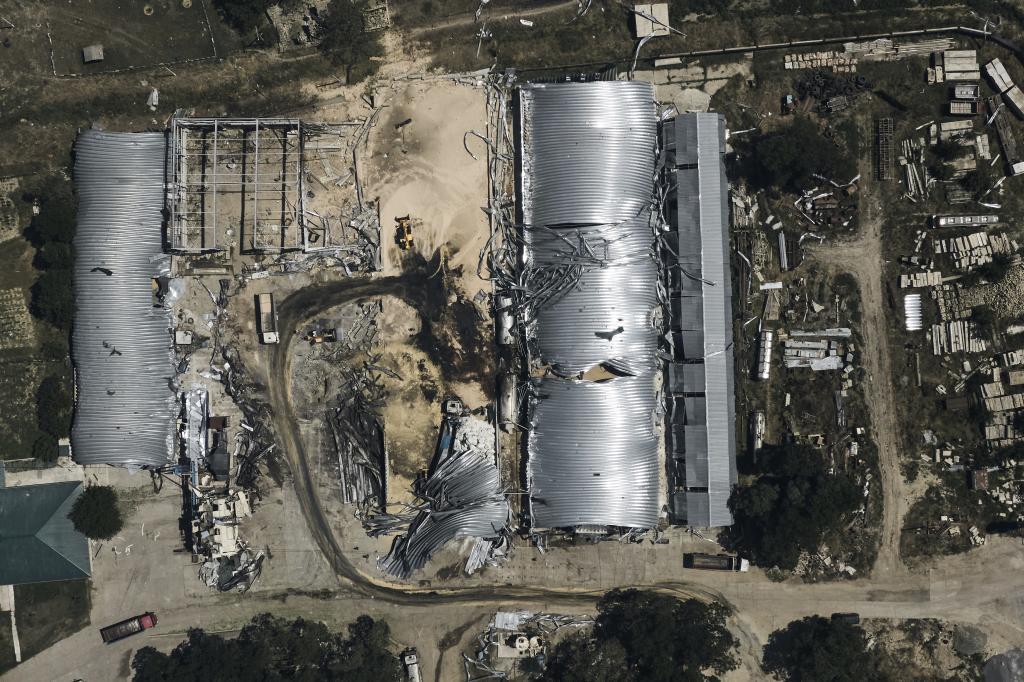Russia conducted a "massive" missile and drone attack against Ukraine's energy infrastructure on Thursday, officials said, adding to fears that the Kremlin aims to cripple the country's power generation capacity before winter.
"Attacks on energy facilities are happening all over Ukraine," Energy Minister Herman Halushchenko said in a post on Facebook. He added that emergency power outages were implemented nationwide.
Ukrainian officials have warned recently that Russia was stockpiling cruise and ballistic missiles, presumably for another pre-winter aerial campaign against Ukraine's power grid. Ukrainian officials have in the past accused Russia of "weaponizing winter."
Around half of Ukraine's energy infrastructure has been destroyed during the almost three years of war with Russia, and rolling electricity blackouts are common. Kyiv's Western allies have sought to help Ukraine protect power generation with air defense systems and funds for rebuilding.
Russia in previous years has targeted Ukraine's electricity generation, aiming to deny civilians critical heating and drinking water supplies during the bitter winter months and break Ukrainian spirits. The attacks also seek to hobble Ukraine's defense industry that is now producing missiles, drones and armored vehicles, among other military assets.
The war has been going in Russia's favor in recent months as its bigger army uses its advantages in manpower and equipment to push Ukrainian forces backward in eastern areas, though its offensive has been slow and costly.
Explosions were reported in Kyiv, Kharkiv, Rivne, Khmelnytskyi, Lutsk, and many other cities in central and western Ukraine.
The head of Ukraine's presidential office, Andrii Yermak, said in a Telegram post that Russia had stockpiled missiles to strike Ukrainian infrastructure and wage war against civilians during the cold season. "They were helped by their crazy allies, including from North Korea," he wrote.
Western governments and South Korea say North Korea in recent months has intensified its military support for Russia.
The head of the Lviv region in western Ukraine, Maksym Kozytskyi, said the attack left more than half a million households without electricity.
Over 280,000 households in the northwestern Rivne region were without electricity because of the attack, according to regional Gov. Oleksandr Koval. Running water supplies were also patchy in affected areas. Some schools in Rivne city switched to online classes.
There were also strikes on the bordering Volyn region, where 215,000 households had no electricity, regional head Ivan Rudnytskyi said. All critical infrastructure that lost power was switched to generators.
Energy infrastructure was also targeted in the western Ivano-Frankivsk region, local officials said. Air defenses were activated there, and emergency power outages were introduced.
Local officials ordered the opening of "points of invincibility" — shelter-type places where people can charge their phones and other electrical devices and get refreshments during blackouts.
In Kyiv, where the air raid alert lasted over nine hours, missile debris fell in one neighborhood, local officials said. No casualties were reported.
